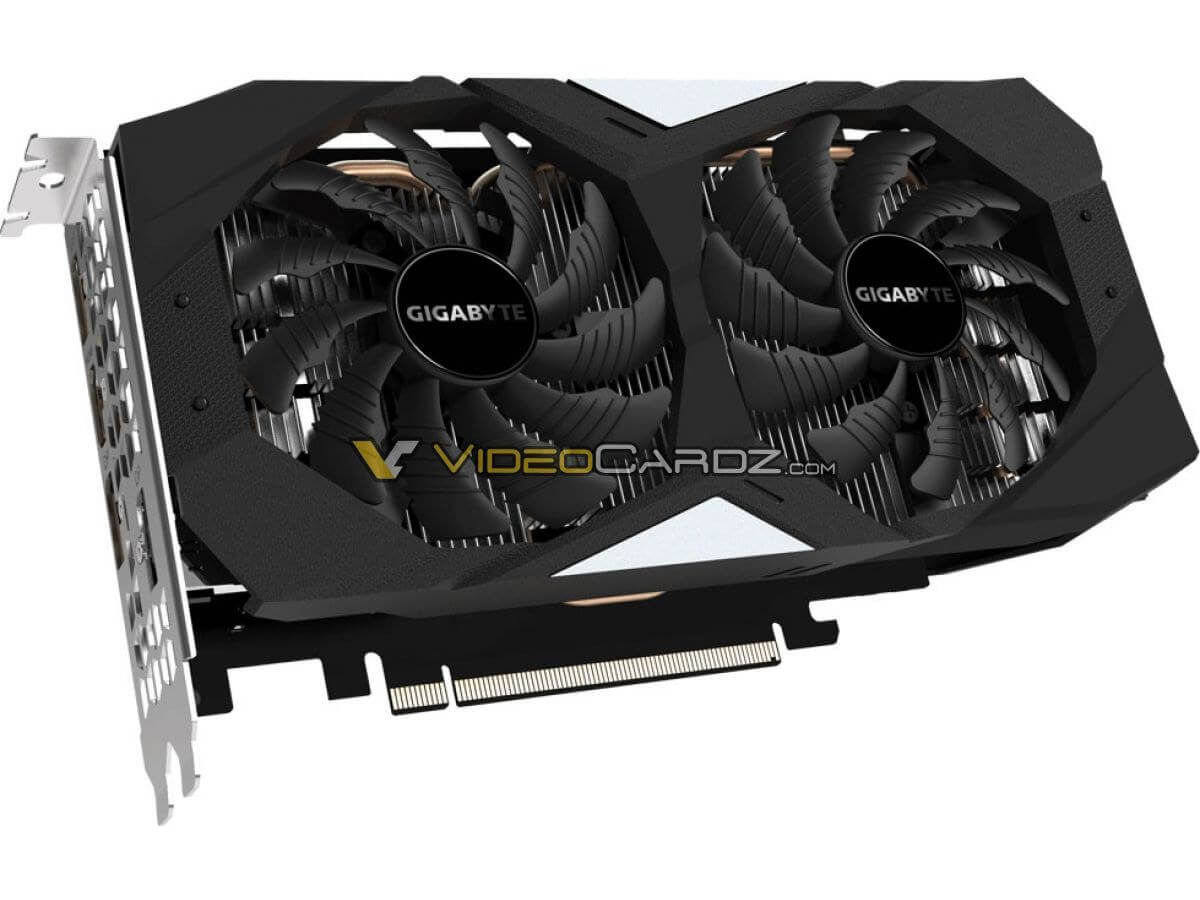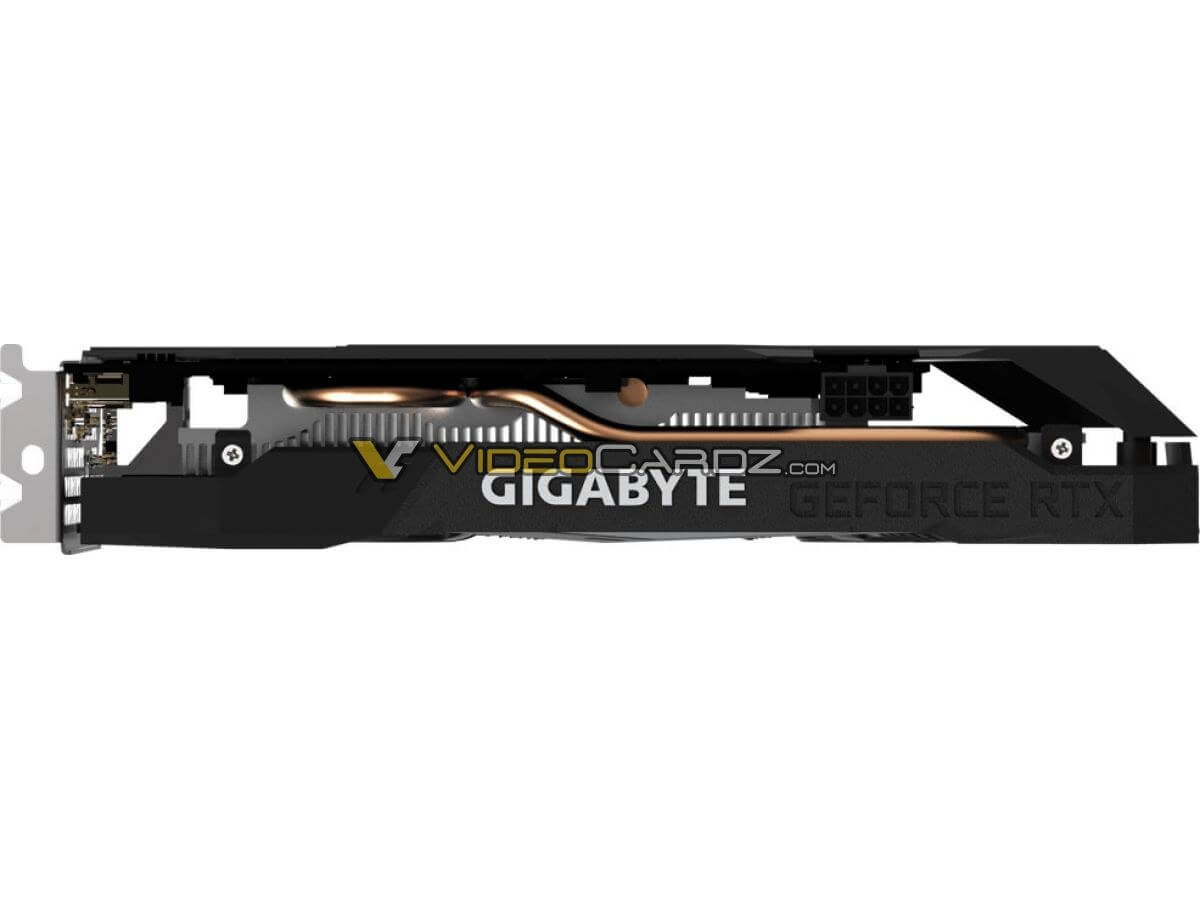Highly anticipated: CES 2019 is only a few weeks away, and there are rumors that Nvidia will have a some new products on show. In addition to laptop versions of its RTX graphics cards, the green team could unveil the RTX 2060.

Last month saw the next entry in Nvidia’s 2000-series lineup appear in the Final Fantasy XV benchmark database, where it came close to matching the GTX 1070's performance. Now, Videocardz’s sources at Gigabyte say the card is launching soon and have revealed some alleged specs and images.
The RTX 2060 will reportedly come with a TU106 GPU—the same as the RTX 2070—along with 1920 CUDA cores, 6GB of GDDR6 memory, and a maximum frequency of 1,200MHz. No word on the number of RT and Tensor cores, which are part of the other RTX cards.
Videocardz writes that the Gigabyte model it shows is factory-overclocked and features an 8-pin power connector, but it believes reference specs only require a 6-pin connector.

Assuming the RTX 2060 is unveiled at CES, it shouldn’t take too long after the event for the card to arrive. It’s thought that Nvidia is trying to deplete its excess stock of GTX 1060 cards, which CEO Jensen Hang said would take one or two quarters, before releasing the successor.
How much Nvidia decides to price the RTX 2060 will certainly be interesting. The 2000-series has been criticized for being too expensive, and we’ve heard rumors that an upcoming RX 3080 card from AMD will offer RTX 2070-like performance while costing just $249.
Nvidia will be hoping an appropriately priced RTX 2060 will help turn its fortunes around. The company’s share price has plummeted by more than half over the last few weeks, and major investor Softbank is reportedly looking to sell up.
https://www.techspot.com/news/77863-alleged-gigabyte-rtx-2060-images-specs-leak.html